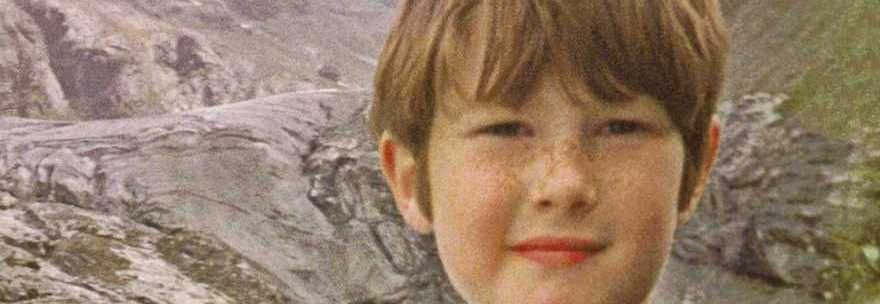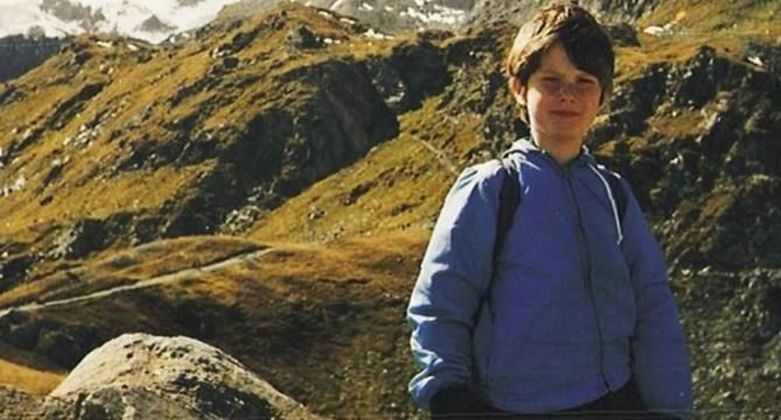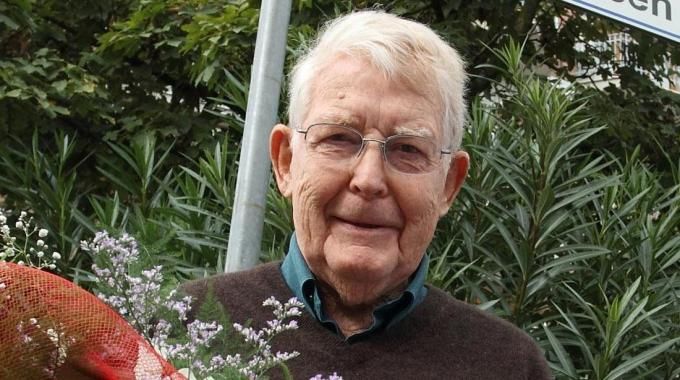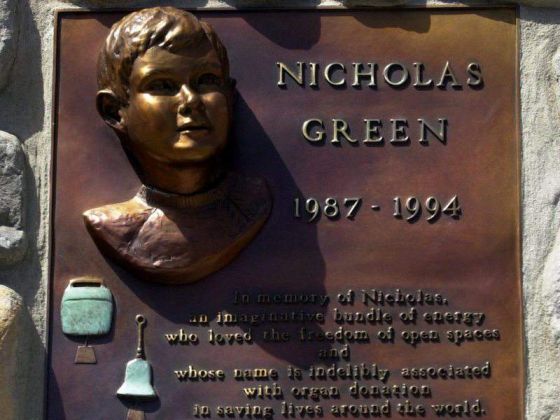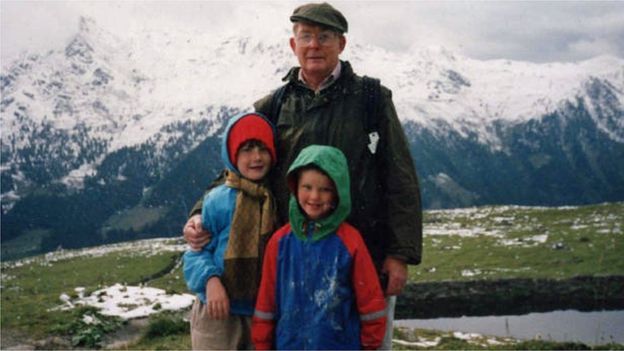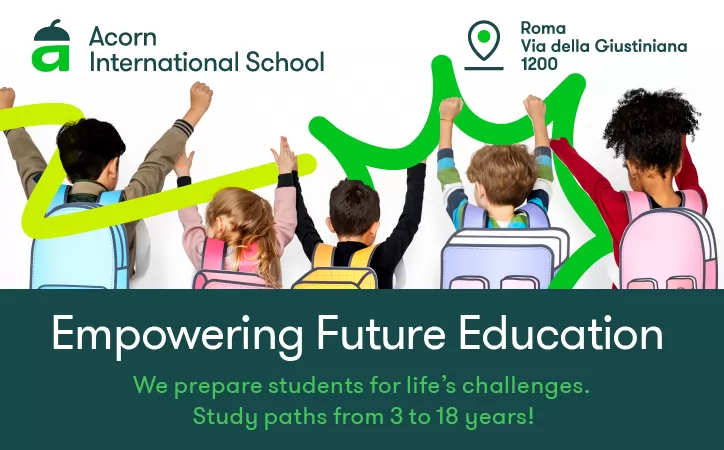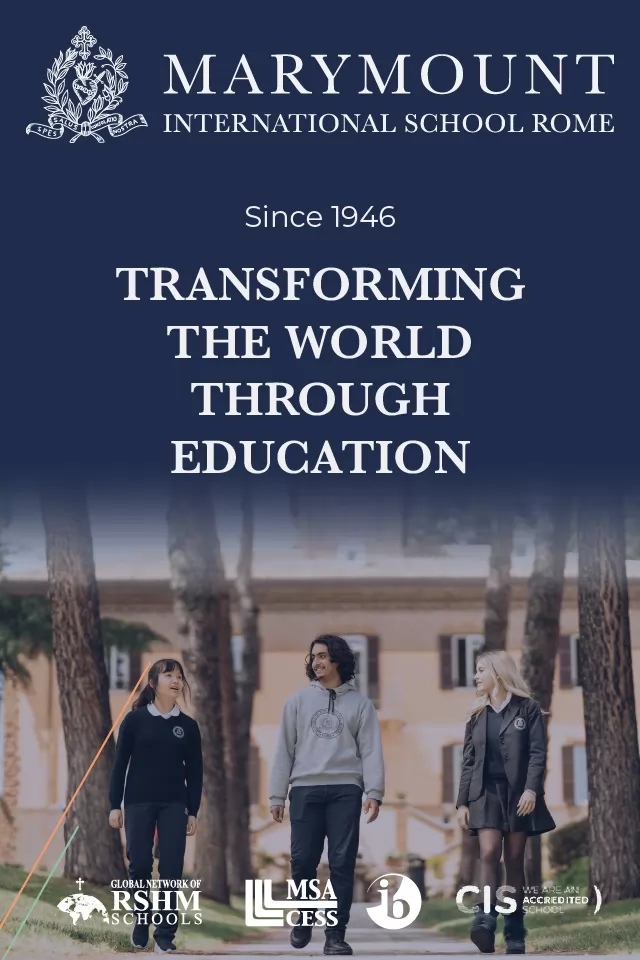The Nicholas Effect: How the tragic killing of seven-year-old Nicholas Green transformed Italy’s attitudes to organ donation and transplants.
At the end of September 1994 a seven-year old American boy, Nicholas Green (9 Sept 1987 – 1 Oct 1994), was shot and killed in an attempted automobile robbery on the autostrada in Calabria.Following the tragic event his parents decided to donate his organs; five people received his major organs and two received a cornea transplant. His parents’ decision is credited with changing the attitude to organ donation and transplants in Italy, a subject which had previously been looked on with suspicion and fear.Nicholas, his sister, Eleanor, and their parents, Margaret and Reginald, had been on holiday in Calabria when their car was attacked on the A3 motorway between Salerno and Reggio Calabria on the night of 29 September by two armed men who fired into the rear seat shooting Nicholas in the head. As the local hospital was not equipped to deal with the boy’s injuries the family was transferred immediately to a special head injuries unit in Messina, but Nicholas died the next day.The result of his parents' decision is described as “The Nicholas Effect” (L’Effetto Nicholas), and refers not only to the issue of organ donation but also to the goodwill that emerged from the tragedy.
We corresponded with Nicholas’s father Reginald by email, asking him about the effects of the tragedy on the family.
Q: It's 17 years since your son, Nicholas, was shot dead. As well as the terrible anguish of losing your son, what are your feelings in relation to the tragic event today?
A: I think of Nicholas several times a day and always with a feeling of an irreparable loss. Never to go out for a walk with him again. Never to hear him say “Goodnight, Daddy.” It is a constant surprise to me, however, that after so many years so many people around the world – including millions of Italians – also still remember him. Many Italians I meet feel they know him. Many call him ‘piccolo Nicholas’ as though he was part of their family.
Q: The tragedy happened in a foreign country, Italy, where your son was shot dead by two Italian gunmen. What made you decide to donate Nicholas's organs and save the life of other Italians?
A: Maggie and I never thought Italy pulled the trigger. It was clear to us from the beginning that the Italian people would have done anything in their power to have prevented this from happening. It could have happened anywhere. When we looked at him on that last day, it was clear to us that he didn’t need his body anymore. We knew, however, that other people did need – desperately – what that body could give, though it was impossible to imagine who they were or what they looked like.
Q: During those terrible days what was the reaction of the people next to you: doctors, police, Italian civil society, ordinary people?
A: We were overwhelmed by the sympathy of strangers. At one end, were the people who came to the hotel to leave toys for our four-year-old daughter Eleanor or comforting letters for us and, at the other, President Scalfaro, who asked us to go and see him and who spoke to us, gently and understandingly, like an old friend of the family. The police were attentive and efficient, making an arrest within a few weeks, and the transplant teams were world-class, as the success of all the operations shows. The media as a whole were responsible throughout and determined to try to find out the truth of what they were told, both of which, as a former newspaperman, I was very pleased to see.
Q: Did you receive any form of solidarity and – if so – of what kind?
A: I doubt that any other country in the world would have shown such solidarity as Italy did for us. It was as though the whole country wanted to puts its arms around us. But it is wider than Italy. To this day we still receive emails from people around the world who say the story has given them hope of a better world.
Q: When and how did you realise the effect that your decision had on Italy?
A: Within a few days, the numbers signing organ donor cards tripled so we could see there had been an explosive effect. But we knew the real test would come later when people had to make a decision after a loved one had died, not just sign a piece of paper. Amazingly, organ donation rates have more than quadrupled since then so that thousands of people are now alive who would have died. No other country in the world has come close to that rate of increase. From having almost the lowest donation rates in western Europe, Italy has become one of the highest. Obviously an increase like that must have multiple causes, including an army of dedicated volunteers and health care professionals. But it seems clear that one small boy’s story was the catalyst that changed the thinking of an entire nation.
Q: Have you ever met the people that received Nicholas’s organs and, if so, are you still in touch with them?
A: We have met all of them several times. We have lost touch with two of them but the other five are in good health and spirits. The children have become men and women and the grown-ups have lived their lives like the rest of us. Yet without a transplant, two would be blind and most, if not all, the others would be dead.
Q: Have you ever been back to Italy since?
A: I estimate I have been back 40 times, meeting and encouraging volunteers, many of them from Aido (the Italian association for organ donation – Associazione Italiana per la Donazione di Organi, Tessuti e Cellule, www.aido.it), visiting hospitals and schools, talking to politicians and reminding anyone who will listen that a simple decision can save multiple lives.
Q: You have suffered a pain a human being should never suffer, the loss of a son. Has the decision to donate Nicholas’s organs helped you during this terrible sufferance? If so, how?
A: It has not taken the pain away. But more good has come out of it than we could ever have imagined. Until that moment when Maggie said to me, “Shouldn’t we donate his organs?” I could see no good in it at all, just bleakness. Now we know thousands of families have been saved from devastation.
Q: Have you forgiven the criminals who killed your son?
A: They still deny they killed him. Without repentance, what can one say? I can only add that I have never been angry about it. Instead, thinking about it gives me a feeling of deep depression that anyone would want something so badly that they would tear someone else’s life apart to get it.
Q: Can you describe your life today and how different you think it would have been had Nicholas still been alive?
A: I still feel I am the same person I have always been – making the same mistakes, enjoying the same pleasures, believing in the same things. But all the externals are different. I spend my entire working day on organ donation – writing newspaper articles, making DVDs, serving on committees, giving speeches around the world. I have written two books The Nicholas Effect and The Gift that Heals, (www.authorhouse.com) both of which have become classics in their field. We have also had twins, Laura and Martin, since Nicholas was killed, who are now 15 and very good high school students. Eleanor has just graduated with a good degree from college. And as always, Maggie keeps it all together.
Interview by Marco Venturini
This interview was published in the September 2011 edition of Wanted in Rome magazine.


